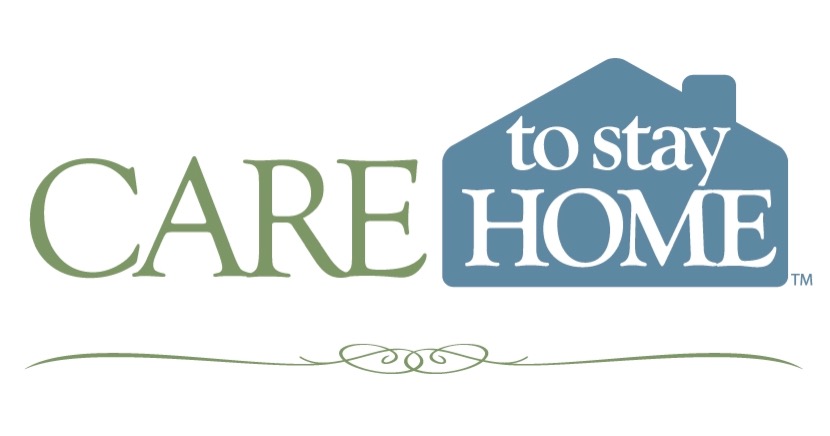05 Jun Common Misconceptions About Alzheimer’s Disease
Alzheimer’s disease is a type of dementia that affects a person’s memory, thinking, and behavior. It is a degenerative brain disease that is progressive, meaning it gets worse with time. Alzheimer’s can impact a person’s ability to function and carry out day-to-day activities.
With the right care and treatment, it may be possible for a person to live independently in the early stages of the disease and find continued enjoyment and pleasure in daily activities even as the disease progresses.
Harmful ideas about Alzheimer’s can prevent people from receiving the medical treatment and care they need. Below, we tackle some of the most common myths and misconceptions about Alzheimer’s. Getting accurate information is key.
Myth: Memory loss is a normal part of aging.
It’s not unusual to forget the name of someone you recently met or struggle to find the right word every now and then.
But Alzheimer’s is more than just occasional forgetfulness. It’s a degenerative disease that damages brain cells, impacting a person’s daily functioning. Examples of Alzheimer’s-related changes can include having trouble holding or following a conversation or forgetting the name of a longtime friend.
It can be difficult to distinguish between normal memory problems and those that should be a cause for concern. This is why it’s important to see a dementia care specialist if you are concerned about yourself or a loved one. Seeing someone who specializes in dementia is vital to getting a proper diagnosis, especially considering that most individuals with memory loss are not properly diagnosed.
Myth: Alzheimer’s and dementia are two words for the same disease.
Alzheimer’s is a degenerative brain disease. It is a type of dementia that affects memory, thinking, and behavior.
Dementia is not a specific disease. It’s a general term for a group of symptoms that impact memory, thinking, and social abilities to the extent of interfering with daily life. There are many types of dementia.
Alzheimer’s is the most commonly diagnosed type of dementia, according to the Alzheimer’s Association. But, since most people with memory loss are misdiagnosed, it’s critical to see a doctor who specializes in dementia.
Myth: Any sign of memory impairment means you have Alzheimer’s.
There are many reasons a person may experience memory loss. These can include medication side effects, diet, and even vitamin deficiencies.
It’s vital to see a dementia care specialist to get to the root of the problem. Alzheimer’s involves more than just memory issues. It is a progressive degenerative disease that can impact memory, thinking, judgment, and behavior.
Myth: You will develop Alzheimer’s if one of your parents did.
While it’s true that some genetic variations or mutations passed to you from a parent can raise your risk of developing Alzheimer’s, having a parent with the disease doesn’t mean you’ll develop it. In fact, studies to date show that the risk of developing Alzheimer’s is only moderately greater for those who have a family member with the disease.
Only a very small percentage of Alzheimer’s cases (estimated at 1% or less) develop due to genetic mutations, according to the Alzheimer’s Association. A genetic mutation is a change in one or more genes.
Myth: Only older adults develop Alzheimer’s.
While most people associate Alzheimer’s with elderly individuals, the disease can develop as early as a person’s 50s, 40s, or even 30s. This is referred to as early onset.
The most likely age for being diagnosed with Alzheimer’s Disease is between 65 to 75 years of age. The second most common age for being diagnosed is prior to age 65. An estimated 200,000 people under the age 65 have early-onset Alzheimer’s disease, according to the Alzheimer’s Association.
It’s important to note that Alzheimer’s dementia is not a normal part of aging.
Myth: Alzheimer’s is preventable.
There is no proven way to prevent Alzheimer’s, but there are steps you can take to reduce your risk for developing the disease. These include maintaining a healthy diet, staying physically and mentally active, getting enough sleep, and seeing your doctor regularly for checkups.
Myth: There are no treatments for Alzheimer’s.
There is no known cure for Alzheimer’s; however, there are medications that may help lessen symptoms like memory loss and confusion. Additionally, a medication approved by the FDA in 2021 aims to help change the progression of the disease by reducing beta-amyloid plaques, a hallmark of Alzheimer’s. Early diagnosis increases the likelihood of benefiting from such treatments.
Myth: Alzheimer’s can be caused by aluminum.
In the past, aluminum and aluminum-containing products like antiperspirants, cans, and cooking pots were thought to be a possible cause of Alzheimer’s. However, mainstream studies have found no conclusive evidence that linked aluminum to the development of Alzheimer’s.
Myth: Being diagnosed with Alzheimer’s means there’s no hope.
Receiving an Alzheimer’s diagnosis can come as quite a shock, but it doesn’t mean all hope is lost. People can survive for years or even decades with Alzheimer’s, and there are steps a person and their caregivers can take to make the most of that time.
Minimizing stress, maintaining routines, handling tasks one at a time, and engaging in enjoyable activities are just a few ways to make life more comfortable for those living with Alzheimer’s.
Getting the Right Support
If you or a loved one has Alzheimer’s, Care To Stay Home provides person-centered, compassionate in-home care in Spokane, Coeur d’Alene, and surrounding areas. Our trained staff members not only help with essential daily activities like bathing, eating, and toileting, but also provide critical social and emotional support.
Our services provide vital respite to caregivers and make it possible for your loved ones to receive the care they need in comfortable, familiar surroundings. Get in touch for a free assessment and for more information about our Alzheimer’s and dementia home care services at (509) 340-1359.
Our team specializes in Dementia and is led by a Certified Dementia Practitioner. For more information, we welcome you to explore our short videos on YouTube at: https://www.youtube.com/channel/UCssb57kcWvR9iRZO0F50r1w
Sources:


